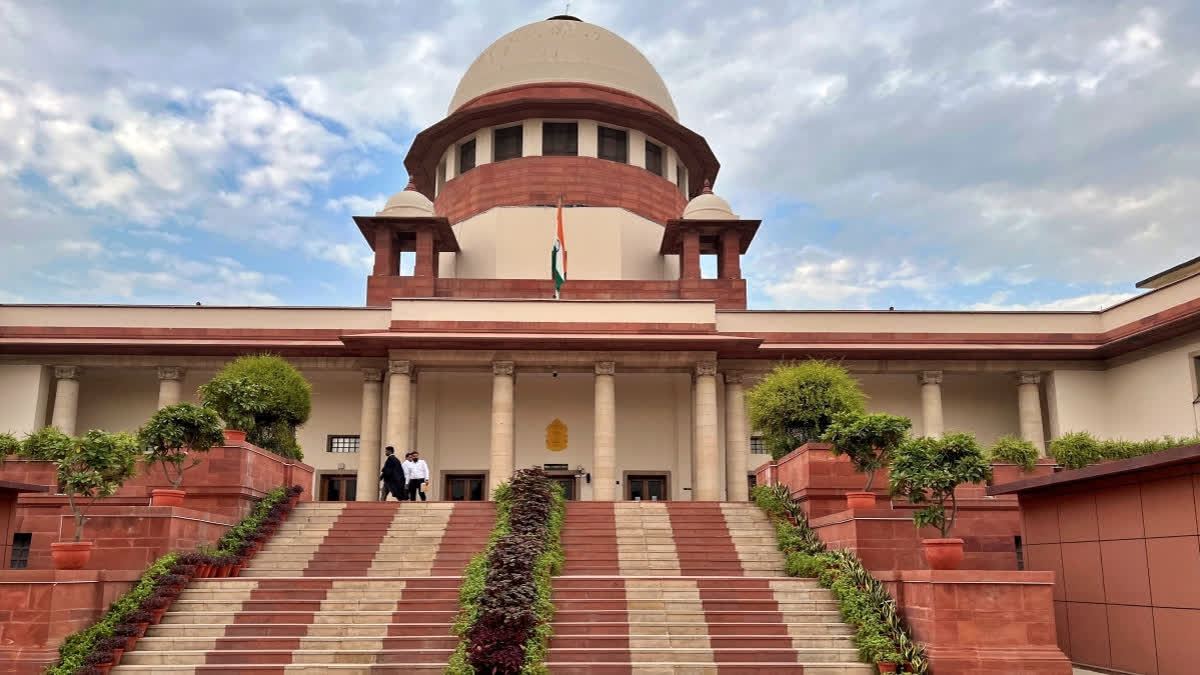New Delhi: The Supreme Court has said that a swift and efficient judiciary is a cornerstone of democracy, a bulwark against tyranny, and the guarantor of individual liberties while fast-tracking trials in civil cases pending for five years or more across the country.
A bench comprising justices S Ravindra Bhat and Aravind Kumar was considering a 41-year-old civil case, where parties were groping in the dark and litigating as to who should be brought on record as legal representative of the sole plaintiff Urmila Devi. The bench, in a judgment delivered on October 20, said this is a classic case and a mirror to the fact that the litigant public may become disillusioned with judicial processes due to inordinate delay in the legal proceedings, not reaching its logical end, and moving at a snail’s pace due to dilatory tactics adopted by one or the other party.
The apex court expressed its anguish while drawing curtains on this civil case, saying that when millions of consumers of justice file their cases by knocking at the doors of the courts of first instance, they expect speedy justice. The apex court noted that it is imperative to note that about 6 per cent of the population in India is affected by litigation, in such a scenario the courts would play an important role in the life of a nation governed by the rule of law.
Justice Kumar, who authored the judgment on behalf of the bench, said it is undisputedly accepted that the significance of a swift and efficient judiciary cannot be overstated and it is a cornerstone of democracy, a bulwark against tyranny, and the guarantor of individual liberties. “The voices of the oppressed, the rights of the marginalized, the claims of the aggrieved—all are rendered hollow when justice is deferred. Every pending case represents a soul in limbo, waiting for closure and vindication”, he said, in the 51-judgment.
Also read:SC agrees to hear NIA plea against HC granting bail to PFI members in UAPA case
The bench emphasized that it is crucial to understand that the wheels of justice must not merely turn, they must turn without friction, without bringing it to a grinding halt due to unwarranted delay. Justice Kumar said for these reasons, the system itself is being ridiculed not only by the litigant public but also by the general public, and sadly, the concept of justice delayed is justice denied is not a mere truism, but an irrefutable truth.
Expressing concern on pendency, which has cast a long shadow upon the dispensation of justice, the apex court issued a string of directions for the civil court judges to unfailingly comply with the procedural timelines laid down under the Civil Procedure Code (CPC). These guidelines are regarding summons, written statements and framing of issues, among others, and further added that the trial should proceed accordingly to the extent possible, on a day-to-day basis. The apex court asked the chief justices of all high courts to constantly monitor the progress of such trials.
